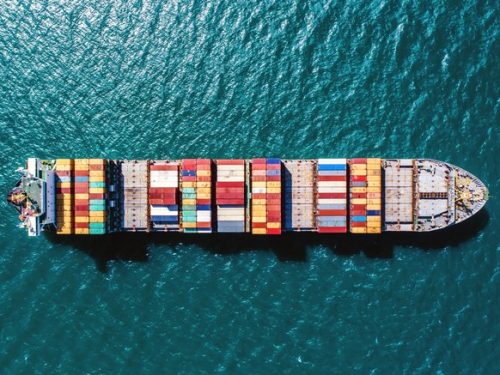
Shipping lines are cracking down on rogue shippers by threatening significant financial penalties for misdeclared shipments, following a series of vessel fires.
Evergreen was first out of the gates announcing fines, ranging from $4,000 to $35,000, for misdeclarations, with Hapag-Lloyd and OOCL following suit.
TT Club risk management director Peregrine Storrs-Fox told The Loadstar: “We welcome such initiatives, following a spate of fires and growing concerns about cargo packing.
“We have been collaborating with stakeholders through the supply chain to highlight ongoing risks arising from poorly packed and misdeclared cargo.”
Hapag-Lloyd, which suffered as misdeclared goods caused a high-profile fire aboard its vessel Yantian Express earlier this year, said it would impose a $15,000 fine per misdeclared box, and OOCL has announced enhanced checks and a hazardous cargo misdeclaration fee.
Hong Kong-headquartered OOCL said: “We are aware that there has been an increasing number of marine incidents being reported in 2019, many of which were suspected of being caused by potentially undeclared and/or misdeclared hazardous cargo.
“Any inconsistencies between the declared cargo in the documents and what is physically inside the container will result in a hazardous cargo misdeclaration fee.”
The fee payable will depend on the extent of any disparity, with containers potentially being pulled out of service and put on hold if penalties are applicable.
The carrier said it would also strengthen its inspection policy through additional verification prior to loading by selective or random inspections on DG and potential DG cargo.
“It is the responsibility of all stakeholders in the carriage of goods to ensure all hazardous cargo are properly declared and handled according to the IMDG regulations,” it added.
Between 5% and 10% of containership cargo is declared as dangerous goods, but the extent of misdeclaring of goods is impossible to tell.
Mr Storrs-Fox said: “A key element of the campaign is to identify levers – both sticks and carrots – that are available to improve a safety culture in the unitised supply chain, including considering unintended consequences inherent in trading arrangements or fiscal/security interventions and the possibilities presented by technological innovation.
“Penalising shippers where deficiencies are found should be applauded and government enforcement agencies are encouraged to take appropriate action under national or international regulations to deter poor practices further.”
Source: The Loadstar